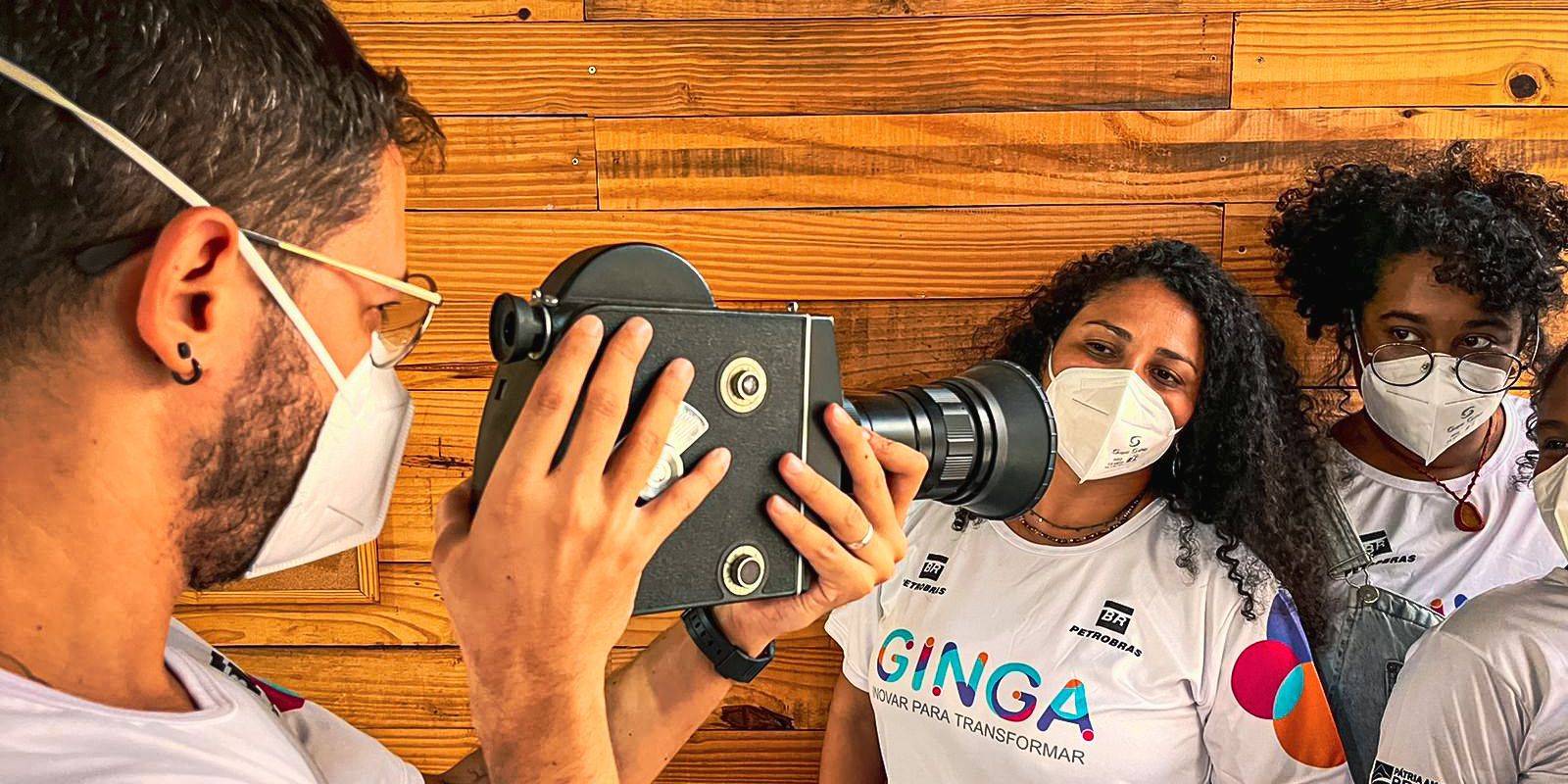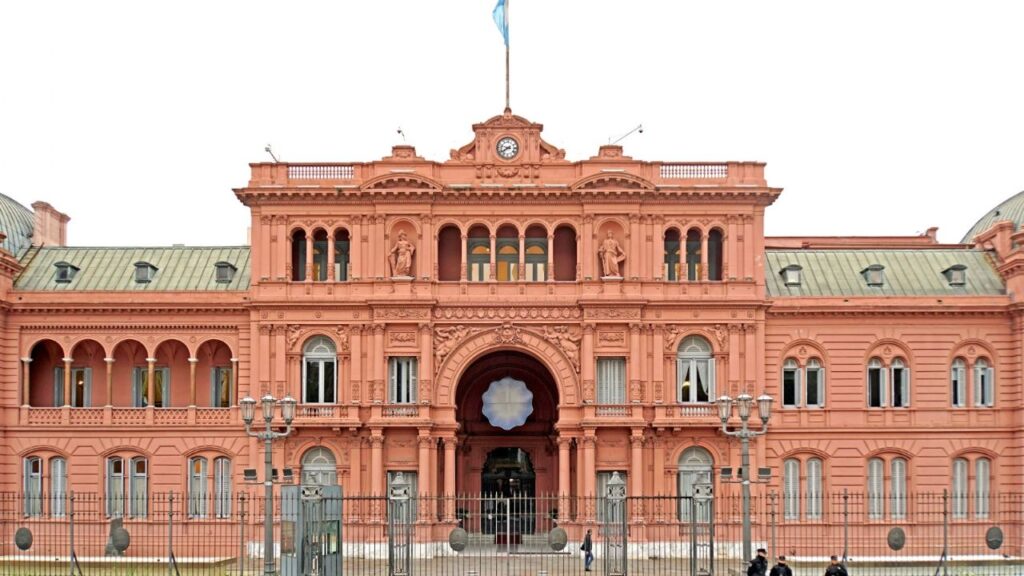The sociocultural institution Cinema Nosso, which for 20 years has been training young peripherals in audiovisual and new technologies for free, has open enrollment for training in cinema through the Ginga Project – Inovar para Transformar, which aims to strengthen the culture of respect for human rights.
Young people who are out of school and out of the job market, aged between 18 and 29, from the municipalities of Itaboraí, Macaé and Duque de Caxias can participate. Applications can be made until the 13th of May, through the website www.cinemanosso.org.br.
The coordinator of youth projects at Cinema Nosso, Gabriela Gonçalves, told Brazil Agency that they are young people who need opportunities to enter the audiovisual field.
Gabriela highlighted, however, that the course will also have openings for people up to 40 years of age, “who have not had many opportunities to have an artistic training, to understand audiovisual, cinema, in another way. It is a way of trying to seek the person for professionalization in this area”. The only prerequisite is that they are residents of one of the three municipalities: Itaboraí, Macaé and Duque de Caxias, “and they cannot afford a course like this”.
According to the global research on Entertainment and Media by PwC, one of the largest consulting and auditing multinationals in the world, the media and entertainment market in Brazil is expected to grow 4.7% by 2025. This is why audiovisual training appears as a good career option, although this still represents a high investment that not all people have access to.
The Ginga Project facilitates film training, free of charge and in a hybrid way, including practical classes in a set of filming, as well as the making of two films per class until the end of the project.
grant
Gabriela Gonçalves informed that throughout the training, students will learn techniques of script, direction, photography, sound, art direction, production and post-production, in addition to emerging in a filming marathon of their short film projects. “We want to enhance the narratives and stories that these young people have to tell, showing that it is possible to do audiovisual work and work professionally in the area.”
Along with the training program, there will be career management classes, so that students can reflect on their life goals.
Students will receive an internet grant during four months of training. The scholarship is worth R$ 100.00 per month. However, only students who attend the course will win the scholarship. Classes will start in May and will last until November. “It’s a way of helping people to attend classes ‘online’, of being connected with the training”, said Gabriela.
The coordinator explained that through partnerships and the teachers of the Ginga project themselves, Cinema Nosso helps in the professional training and attitude of students, making indications for opportunities that arise throughout the process. “Connections come”. She made it clear, however, that there is no way to guarantee that everyone will have a job in the field. It will also depend on the commitment and effort of each one. “We increasingly want to form partnerships and be able to insert most of the students into the space.”
Ginga Project
The Ginga Project – Inovar para Transformar is sponsored by Petrobras, through the Petrobras Socio-environmental Program, and is supported by the State Department of Culture and Creative Economy, through the State Culture Incentive Law.
Cinema Nosso is a sociocultural institution, based in Rio de Janeiro, which has been working for 20 years with youth, education and audiovisual media. It was founded in 2000 by seven young people of popular origin who saw, at the time, an absence of identity in the audiovisual market from the film City of God.
Today, the institution is an innovation and technology center that offers several projects for children and youth, accompanied by a life or career project, in order to help in the socio-emotional development of young people.
Recognized as one of the largest popular audiovisual schools in Latin America, with more than 10,000 young people graduating from its courses, Cinema Nosso has won several awards, including the 11th China International Children’s and the Itaú-Unicef Award.

















